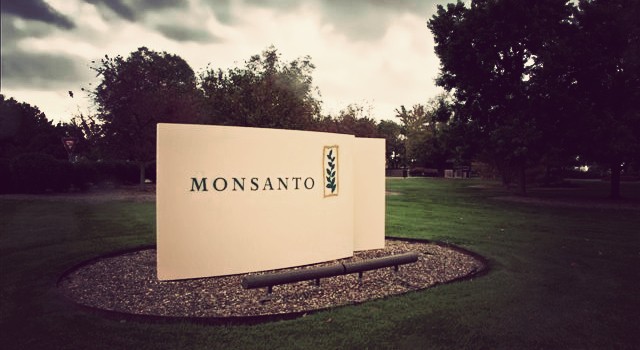
Data linking GMOs and pesticides to human health ailments continues to emerge, as a new report put together by the Ministry of Health in Cordoba, Argentina has found that increased levels of crop spraying in Argentina’s most extensively farmed areas has resulted in a large increase of cancer rates for those that live in the vicinity.
According to the report, deaths from cancerous tumors have as much as doubled in areas where genetically modified (GM) crops are grown and agro-chemicals are used. That’s not really surprising, given the fact that numerous studies have linked them to cancer, and other detrimental health ailments.
The highest death rate was recorded in the ‘Pampa Gringa’ area. This is where most GM crops are grown, and the most pesticides are used; it makes up a large portion of the Cordoba region. This area and other areas in the region have cancer rates that are way above the national average.
According to GM watch:
The international standard is to calculate deaths per 100 thousand inhabitants. The provincial average is 158 deaths per 100,000 inhabitants, and in Cordoba Capital the rate is 134.8. But four Cordoba departments are well above those rates: Marcos Juárez (229.8), Presidente Roque Sáenz Peña (228.4), Union (217.4) and San Justo (216.8). It’s called “pampa gringa”, the emblematic area of Cordoba agriculture” (source)
Experts from the region continue to stress that this is no coincidence.
There is evidence of high levels of genetic damage in people of Marcos Juarez, which may result from unintentional exposure to pesticides. – Fernando Manas, PhD National University of Rio Cuarto (source)
Government and Industry Refuse To Act
According to the ecologist, researchers and doctors in the region have been upset with the government because of their delay and unwillingness to take action.
Dr. Medardo Avila Vazquez of the University Network for Environment and Health (Reduas) said:
What we have complained about for years was confirmed and especially what doctors say about the sprayed towns and areas affected by industrial agriculture. Cancer cases are multiplying as never before in areas with massive use of pesticides. (source) Dr. Medardo Avila Vazquez of the University Network for Environment and Health
Damian Verzeñassi, a doctor and professor of social and environmental health at the Faculty of Medical Sciences in Rosario, says:
The study of Córdoba matches the surveys we conducted in eighteen industrial agriculture areas. Cancer has skyrocketed in the last fifteen years. (source)
He is upset about the failure of government and industry to take preventative action:
They keep demanding studies on something that is already proven and do not take urgent measures to protect the population. There is ample evidence that the agricultural model has health consequences, we are talking about a production model that is a huge public health problem.
The official publication is in book form and titled “Report on cancer in Cordoba 2004-2009.” It was prepared by the Provincial Tumor Registry and the Department of Statistics and Census. It was introduced in the legislature by Martin Alonso, the director of the Provincial Cancer Institute and Francisco Fortuna, the director of the provincial cancer Institute.
Avila Vasquez demands urgent government action to prohibit aerial spraying, ensure that no terrestrial applications are made within 1,000 meters of houses, and to prohibit the use of agro-chemicals and spraying machinery in urban areas. But these could only be initial measures to curb the excessive and extreme use of pesticides which is blighting the health of Argentina. The only real long term solution is to change the GMO driven, intensive, industrial agricultural system that Argentina and other countries have become wedded to and to put in place a genuinely sustainable, agro-ecological alternative.
Please Read this Article at NaturalBlaze.com





Leave a Reply